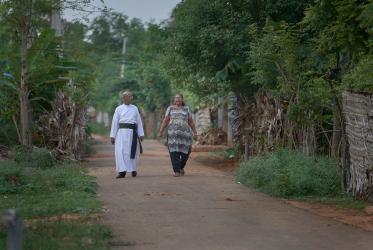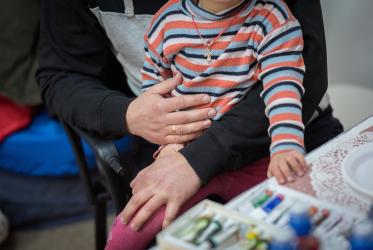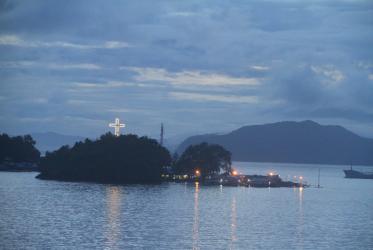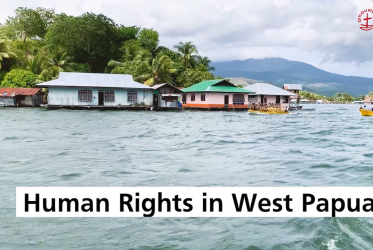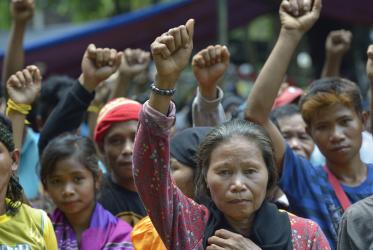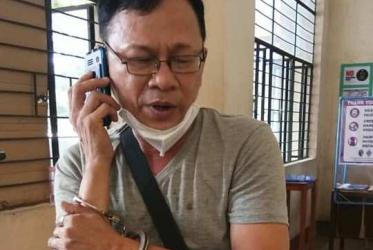Displaying 1 - 20 of 47
Ukraine: Responding to humanitarian need
08 September 2022
WCC video interview describes human rights crisis in West Papua
13 January 2022
The cry of the Papuans in Indonesia
14 November 2019
“Economy of life” lifted up at special school in Indonesia
22 August 2019



